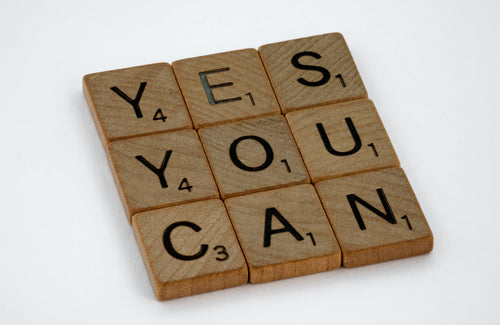Photo by Brett Jordan on Unsplash
As a career coach/advisor/counselor, you might have come across this situation. One of your students has picked a challenge to solve, but they don’t think they are capable of making it better. Here are 3 ways to show students that they are ready to contribute, today.
1) Highlight the interdisciplinary nature of work.
In the real world, it takes an interdisciplinary approach to solve a problem. There are many different skill sets that can contribute.
For example, there are advances in genetics research that could help us improve millions of lives. Who works on this?
Sure, there are scientists with white lab coats. But equally as important is the project manager keeping everyone on track, the human resources person hiring the team, the finance lead creating the budget, the person buying the research equipment, the person who cleans the lab. There’s also the graphic designer who created the new logo.
Action: We can help students reflect on the tremendous breadth of skill sets required to solve a challenge. Next, have them pick a few areas that overlap with their own skills.
2) Focus on how they can help others.
One of the best ways to start contributing to a challenge is to help someone else who is currently making a difference.
When you are a new graduate, it’s hard to write a 5 year strategic plan for a non-profit with 500 employees in 10 countries. Instead, it might be best to support the person writing the plan. Can you research a specific part of the plan that they don’t know how to write? Can you offer to create visuals to showcase the data presented? Can you find a focus group that would evaluate the main ideas in the plan, before it’s presented to the board?
Action: We can help students find people already working on their challenge. Then, they can reflect on how they can support them. See Ryan Holiday’s Canvas Strategy for more ideas.
3) Learn how to research a problem.
If they don’t think they can help, they probably haven’t researched enough.
Sources like books, blogs and news articles can help, but they aren’t enough. Talking directly to people working on the challenge is the best way to both gather information and to feel convinced that one can help.
I recommend a simple ‘challenge’ interview. Ask: what’s the challenge you are trying to solve? How did you learn to contribute? What advice do you have for someone like me?
Action: We can help students deepen their understanding of challenge to find opportunities where they can contribute. If they haven’t found a way yet, they probably haven’t looked enough.
#careers #contribute #challengemindset



